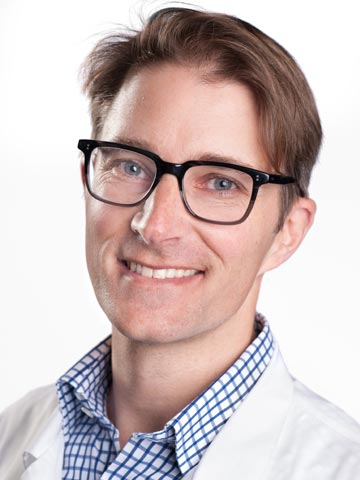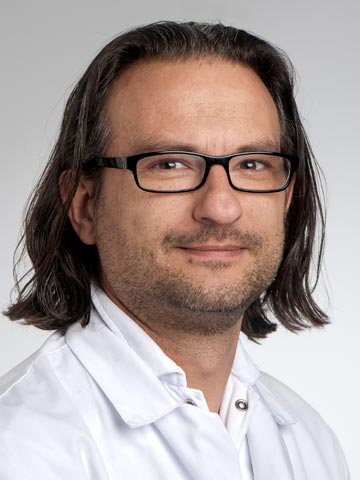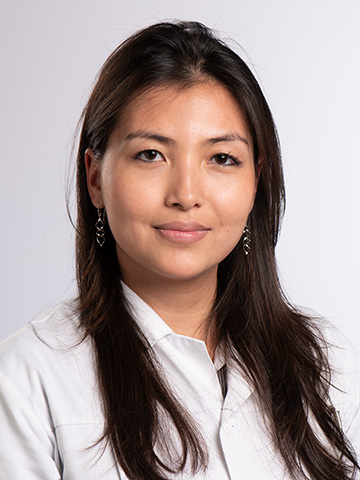Aims
Normal sleep patterns and prevalence of sleep disorders in the general population are largely unknown. The aim of HypnoLaus is to record sleep, analyze sleep characteristics and determine the prevalence of sleep disorders in a large population-based sample, which has undergone comprehensive genetic, somatic and psychiatric investigations.
The HypnoLaus results combined with genetic, cardiovascular, metabolic and psychiatric data provide a unique opportunity to determine the interaction between sleep, its genetic determinants and cardiovascular, psychiatric or metabolic diseases.
6000 participants of the CoLaus study were invited to answer various sleep questionnaires regarding their sleep habits and potential sleep disorders. So far, a total of 2168 participants aged 40 to 80 years have agreed to have a full sleep study (polysomnography) at home. Recruitment of the volunteers started in April 2009.
A detailed description of the participant selection, inclusion criteria and methods used can be found in the following manuscripts:
Haba-Rubio J, Marques-Vidal P, Andries D, Tobback N, Preisig M, Vollenweider P, Waeber G, Luca G, Tafti M, Heinzer R. Objective sleep structure and cardiovascular risk factors in the general population: the HypnoLaus study. Sleep. 2015; 38:391-400. PMID: 25325467; PMCID: PMC4335515; DOI: 10.5665/sleep.4496.
Heinzer R, Vat S, Marques-Vidal P, Marti-Soler H, Andries D, Tobback N, Mooser V, Preisig M, Malhotra A, Waeber G, et al. Prevalence of sleep-disordered breathing in the general population: the HypnoLaus study. The Lancet Respiratory Medicine. 2015; 3:310-318. PMID: 25682233; PMCID: PMC4404207; DOI: 10.1016/S2213-2600(15)00043-0.
What data have been collected?
- Full polysomnography
- Questionnaire data: participants have filled various questionnaires on their sleep habits and complaints:
- Pittsburgh sleep quality index
- Epworth sleepiness scale (Daytime sleepiness)
- Horne-Ostberg (Chronotype)
- Ullanlinna (Narcolepsy)
- Berlin (Sleep apnea)
- Restless legs syndrome
- Munich (Parasomnia)
Current phase
The second follow-up is ongoing (2017 – until now). The data are currently being analyzed.
Our phenotypes
Phenotypes of our other studies
Study Team

Prof. Raphaël Heinzer
Principal investigator

Dr José Haba-Rubio
Investigator

Dr Camila Hirotsu
Post-doc researcher

